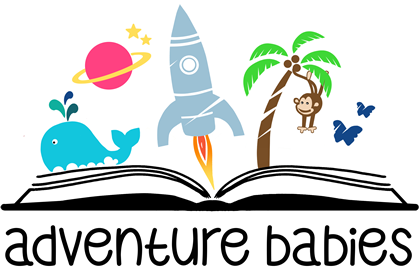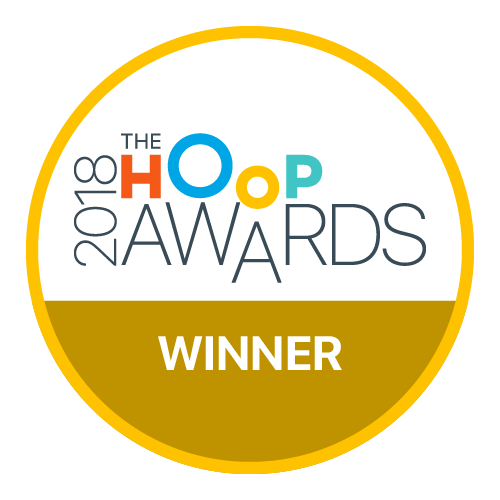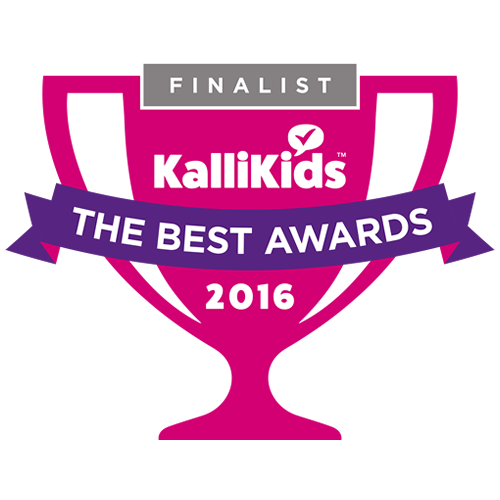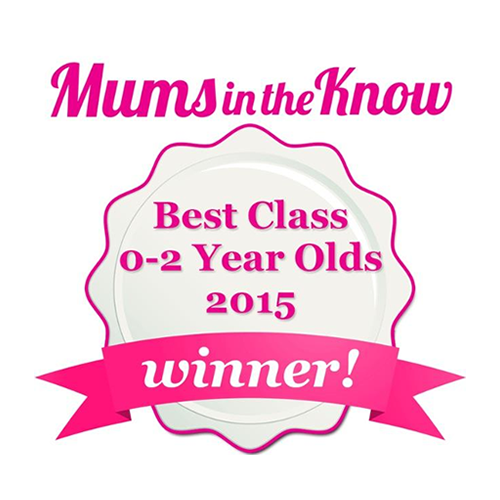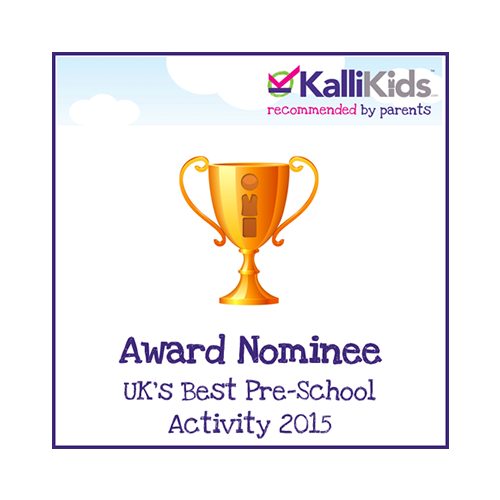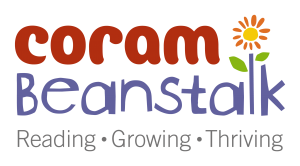When Will My Baby Start Talking? The Fascinating Journey to First Words
Your baby’s first words are one of the most magical milestones—right up there with their first wobbly steps and the first time they sleep through the night (if that ever happens!). But when exactly does this incredible leap in communication happen? And what can you do to encourage it? Let’s explore the wonderful world of baby babble, first words, and why Adventure Babies sensory storytelling classes are the perfect place to get those little voices going. If you have ever wondered When Will My Baby Start Talking? You are in the right place.
The Road to Talking: It Starts Earlier Than You Think
Your baby might not be forming full sentences yet, but they’re already communicating long before they say their first word. Language development begins from birth, and the milestones look a little like this:
👂 0-3 months – Your baby listens intently to your voice, responds to different tones, and may start cooing. (Congratulations, you’re already their favourite podcast!)
🗣️ 4-6 months – Babbling begins! You’ll hear “ba-ba,” “da-da,” and possibly “gaa” on repeat. This isn’t just cute—it’s them figuring out how to use their mouth, lips, and tongue to make sounds.
👀 7-12 months – Their babbles become more purposeful, and you’ll notice they copy sounds and gestures. Some babies say their first word around this time (often “mama” or “dada”—or if you’re lucky, “book”!).
📢 12-18 months – More words appear! Some babies start chatting away with a handful of words, while others are still observing and soaking it all in. Both are completely normal.
🗯️ 18-24 months – At this stage, toddlers may start stringing two words together (“more snack,” “big truck”) and their vocabulary explodes. But again, every child is different!
Why Do Some Babies Talk Sooner Than Others?
There’s a wide range of normal when it comes to talking. Some babies will start early and never stop (hello, tiny chatterbox!), while others take their time. A few things that influence when babies talk:
🔹 Personality – Some babies prefer observing before jumping in. Others love experimenting with sounds from day one.
🔹 Siblings – Younger siblings often talk later because their older siblings tend to speak for them.
🔹 Exposure to language – The more babies hear and interact, the more they absorb. That’s why talking, singing, reading, and storytelling are so powerful.
🔹 Fine and gross motor focus – If your baby is busy mastering walking or climbing, their brain might temporarily prioritize movement over talking.
What Can You Do to Encourage Talking?
There are plenty of simple, fun ways to boost your baby’s language development:
📖 Read, read, and read some more – Books expose babies to new words, sentence structures, and sounds. Sensory storytelling (like we do at Adventure Babies!) makes books even more engaging.
💬 Narrate your day – Talk to your baby constantly. Describe what you’re doing (“I’m making your lunch—banana and yogurt!”) and respond when they babble.
🎵 Sing songs and rhymes – Rhythm and repetition help babies remember words. Songs like Wheels on the Bus aren’t just catchy—they’re building language skills!
🤗 Use gestures – Babies often sign before they talk. Waving “bye-bye” or pointing at things helps them learn that gestures and words go together.
🎭 Join a sensory storytelling class – Babies learn language best when it’s tied to real experiences. At Adventure Babies, we bring stories to life with sensory activities, puppets, and interactive play, giving little ones the perfect foundation for talking.
A Fun Fact You Didn’t Know About Talking…
Did you know that babies who hear multiple languages from birth are not delayed in speech? In fact, bilingual babies might take slightly longer to say their first words, but they quickly catch up and have a cognitive advantage in problem-solving later on. So, if your little one hears more than one language at home—celebrate it!
What If My Baby Isn’t Talking Yet?
If your baby isn’t following the typical timeline, don’t panic. Some babies take longer to find their voice, and late talkers often catch up just fine. However, if you’re concerned, speak to a health professional—early intervention can be helpful if there’s an underlying issue.
Remember, all babies develop in their own time, and every tiny step towards talking—whether it’s a giggle, a babble, or a first word—is something to celebrate.
Ready to Spark Your Baby’s Language Skills?
Adventure Babies sensory storytelling classes are designed to support language development from day one. Through immersive storytelling, songs, movement, and sensory play, we create the perfect environment for little voices to grow. We also spend lots of time chatting in our community about all sorts of questions such as this one, when will my baby start talking? And many more.
Join us and watch your baby’s communication skills flourish! Find your nearest class here
